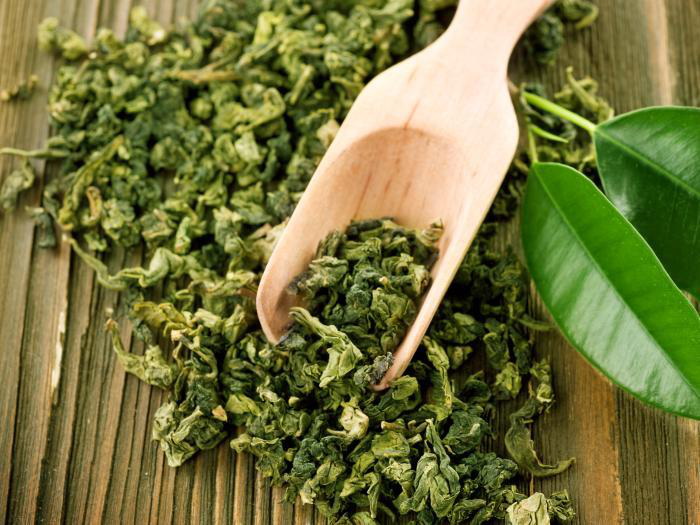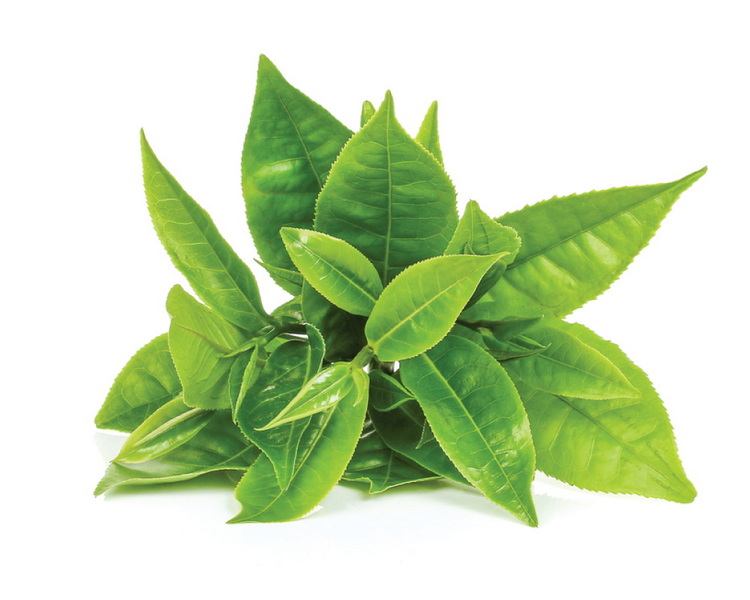Content Menu
● Understanding Green Tea and Its Components
>> The Nutritional Profile of Green Tea
● Benefits of Green Tea for Dogs
● Risks Associated with Green Tea for Dogs
● How to Safely Introduce Green Tea to Your Dog
● Alternatives to Green Tea
● Practical Tips for Serving Green Tea
● Conclusion
● FAQ
>> 1. Can I give my dog green tea every day?
>> 2. What should I do if my dog shows signs of caffeine toxicity?
>> 3. Are there any safe forms of green tea for dogs?
>> 4. Can I use green tea topically on my dog?
>> 5. What are safer alternatives to green tea for my dog?
● Citations:
Green tea is renowned for its numerous health benefits in humans, leading many pet owners to wonder if it can also benefit their canine companions. As the popularity of green tea and its extracts rises, it is essential to understand the safety and potential risks associated with giving green tea leaf extract to dogs. This article delves into the benefits, risks, and guidelines for incorporating green tea into your dog's diet.

Understanding Green Tea and Its Components
Green tea is derived from the leaves of the "Camellia sinensis" plant and is rich in antioxidants, particularly catechins such as epigallocatechin gallate (EGCG). These compounds are believed to provide various health benefits, including anti-inflammatory properties and immune system support.
The Nutritional Profile of Green Tea
Green tea is not just about antioxidants; it contains several other beneficial compounds that may positively impact health:
- Vitamins: Green tea contains vitamins such as B2 (riboflavin) and C, which are essential for various bodily functions.
- Minerals: It includes minerals like manganese, potassium, and magnesium that contribute to overall health.
- Flavonoids: These compounds have been studied for their potential role in reducing the risk of chronic diseases.
Benefits of Green Tea for Dogs
1. Antioxidant Properties: The antioxidants found in green tea can help combat oxidative stress in dogs, potentially reducing the risk of chronic diseases. This is particularly important for aging dogs who may be more susceptible to health issues.
2. Anti-inflammatory Effects: Green tea may aid in reducing inflammation, which can be beneficial for dogs suffering from joint pain or other inflammatory conditions. Conditions such as arthritis can significantly impact a dog's quality of life, and incorporating anti-inflammatory foods can help manage symptoms.
3. Dental Health: Some studies suggest that green tea can help improve dental health by reducing plaque formation and bacteria in the mouth. This can lead to fresher breath and a lower risk of periodontal disease, which is common in dogs.
4. Digestive Health: Green tea may assist in digestion and promote gut health due to its anti-inflammatory properties. A healthy gut can enhance nutrient absorption and overall well-being.
5. Weight Management: Certain compounds in green tea may help with weight management by boosting metabolism. For overweight dogs, maintaining a healthy weight is crucial for preventing obesity-related health issues.
6. Cancer Prevention: Some research indicates that the antioxidants in green tea may have protective effects against certain types of cancer by inhibiting tumor growth and promoting cancer cell death.
7. Heart Health: The catechins in green tea may help lower cholesterol levels and improve heart health by promoting better circulation.
Risks Associated with Green Tea for Dogs
Despite its potential benefits, there are significant risks associated with giving green tea to dogs:
- Caffeine Sensitivity: Green tea contains caffeine, which can be toxic to dogs. Dogs are much more sensitive to caffeine than humans, and even small amounts can lead to symptoms such as restlessness, rapid heart rate, and gastrointestinal upset. Symptoms of caffeine toxicity include:
- Hyperactivity
- Vomiting
- Diarrhea
- Increased heart rate
- Tremors
- Toxicity from Extracts: Green tea extracts, particularly those high in EGCG, have been linked to liver toxicity in dogs when consumed in large amounts or on an empty stomach. Signs of liver toxicity may include jaundice (yellowing of the skin or eyes), lethargy, vomiting, or changes in appetite.
- Medication Interference: Green tea can interfere with the absorption of certain medications, making it crucial to consult a veterinarian before introducing it into your dog's diet. This is especially important if your dog is on medications for conditions such as epilepsy or heart disease.
- Allergic Reactions: Some dogs may be allergic to components found in green tea. If you notice any unusual symptoms after introducing green tea to your dog's diet, discontinue use immediately and consult your veterinarian.

How to Safely Introduce Green Tea to Your Dog
If you decide to give your dog green tea or its extracts, it is vital to do so safely:
- Consult Your Veterinarian: Always discuss with your veterinarian before adding any new supplement or food item to your dog's diet. They can provide personalized advice based on your dog's health status and dietary needs.
- Choose Decaffeinated Options: If possible, opt for decaffeinated green tea to minimize caffeine exposure. This reduces the risk of adverse effects while still allowing your dog to benefit from some of the positive properties of green tea.
- Limit Quantity: For most dogs, a small amount—about 1-2 ounces of brewed green tea per day—is recommended, but this should only be given after consulting a veterinarian. Start with a smaller amount to see how your dog reacts before increasing the dosage.
- Monitor Your Dog's Reaction: After introducing green tea, watch for any adverse reactions such as vomiting or diarrhea. If these occur, discontinue use immediately and consult your veterinarian.
Alternatives to Green Tea
If you are concerned about the risks associated with green tea but still want to provide your dog with health benefits similar to those offered by green tea, consider these alternatives:
- Herbal Teas: Herbal teas like chamomile or peppermint are generally safe for dogs and can provide soothing effects without the risks associated with caffeine. These teas can also aid digestion and promote relaxation.
- L-Theanine Supplements: L-theanine is an amino acid found in green tea that has calming effects. It is available as a supplement specifically formulated for dogs and is considered safe. This can be particularly beneficial for anxious dogs or those suffering from stress-related conditions.
- Turmeric: Known for its anti-inflammatory properties, turmeric can be added to your dog's diet as a supplement or mixed into their food. It has been shown to support joint health and overall wellness.
- Fish Oil: Omega-3 fatty acids found in fish oil are excellent for promoting skin health and reducing inflammation. They can also support cognitive function in older dogs.
Practical Tips for Serving Green Tea
If you choose to incorporate green tea into your dog's diet safely:
- Brew a weak cup of decaffeinated green tea.
- Allow it to cool completely before serving it to your dog.
- You can mix it with their regular food or serve it as a treat.
- Consider using ice cubes made from brewed green tea as a refreshing summer treat on hot days.
Conclusion
While green tea leaf extract has potential health benefits for dogs due to its antioxidant and anti-inflammatory properties, it also poses significant risks primarily due to its caffeine content and potential toxicity from extracts. Pet owners should approach this supplement cautiously and always consult a veterinarian before introducing it into their dog's diet. Moderation is key; small amounts of brewed decaffeinated green tea may be safe for some dogs but should be monitored closely for any adverse reactions.

FAQ
1. Can I give my dog green tea every day?
It is generally not recommended to give dogs green tea daily due to its caffeine content. If you choose to give it occasionally, ensure it's a small amount and consult your veterinarian first.
2. What should I do if my dog shows signs of caffeine toxicity?
If you suspect your dog has consumed too much caffeine—evidenced by symptoms like restlessness or rapid heart rate—contact your veterinarian immediately for guidance.
3. Are there any safe forms of green tea for dogs?
Decaffeinated green tea may be safer than regular green tea; however, it should still be given in moderation and under veterinary supervision.
4. Can I use green tea topically on my dog?
Yes, diluted green tea can be used topically on certain skin conditions; however, always consult your veterinarian before applying any new treatment.
5. What are safer alternatives to green tea for my dog?
Herbal teas like chamomile or peppermint are safer alternatives that can provide calming effects without caffeine-related risks.
Citations:
[1] https://www.thedogbakery.com/blogs/news/is-green-tea-safe-for-dogs-everything-you-need-to-know-about-this-miracle-drink
[2] https://www.dogfoodadvisor.com/forums/topic/green-tea-extract-toxic-to-dogs/
[3] https://journals.sagepub.com/doi/10.1177/1091581810387445
[4] https://www.dogster.com/dog-nutrition/can-dogs-have-green-tea
[5] https://blog.adoredbeast.com/green-tea-for-dogs-benefits-and-uses/
[6] https://fotp.com/learn/dog-supplements/the-benefits-of-green-tea-for-dogs
[7] https://felcana.com/blogs/blog/tea-for-dogs
[8] https://www.harperandfriends.com/blogs/news/green-tea-for-dogs
[9] https://pawsandclawsanimalhospital.com/green-tea-for-dogs/






























